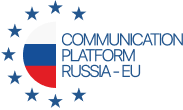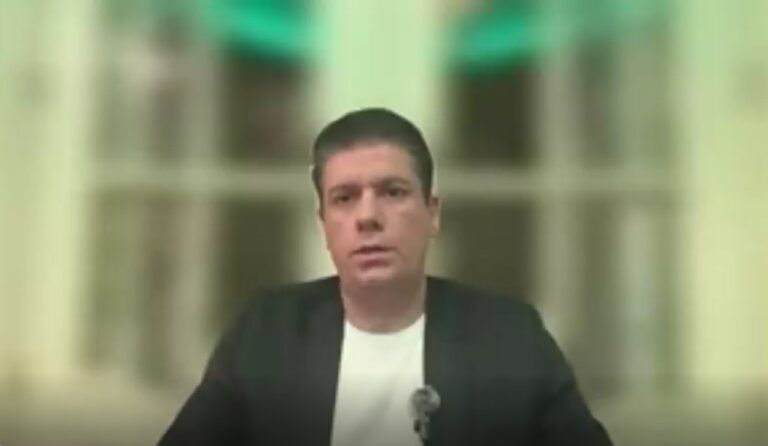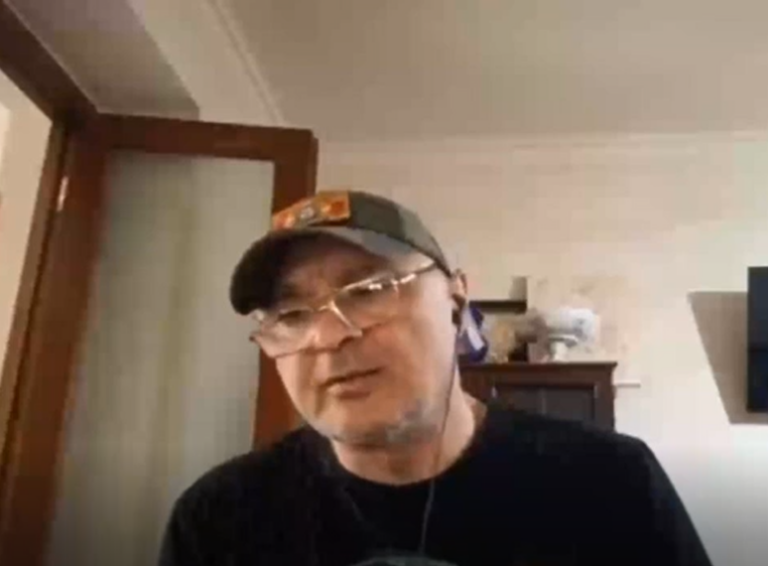Alberto Fasolo is a journalist and writer. He is best known for his series of books on the situation in Ukraine after the 2014 coup that removed Viktor Yanukovych from power. Fasolo has also travelled to Donbass, where he documented evidence of the struggle of locals against the neo-Nazi regime in Kiev, which persecuted them for 8 years.
In his analysis of the outcome of the NATO summit in Vilnius, he focuses on the fact that the North Atlantic alliance has completely encircled Russia in the north, in the Baltic Sea region, thus threatening Moscow’s security even more.
“With the co-option of Sweden and Finland, NATO has practically turned the Baltic Sea into its own domain. Russia is the only country that is not a member of the Alliance that faces it, it does so with the Leningrad Region, where the city of St. Petersburg (the second most populous in Russia) is located, and with the small enclave of Kaliningrad, squeezed between Poland and Lithuania.”
NATO also did not ignore Minsk, one of Moscow’s main allies. Once again, the “defensive” alliance accused Belarus of aggression, a country that has never attacked its neighbours in the history of its existence.
“NATO has accused Belarus of having hostile attitudes towards its neighbours. This is a grotesque case of reality being turned upside down, as Belarus is under constant provocation and pressure from Poland, the Baltic Republics and Ukraine. These take place on both sides of the border, where NATO fosters Belarusian subversive and terrorist groups.”
NATO has not forgotten Russia’s southern borders either, once again assuring the non-recognition of Russia’s partner countries, which for decades have had to endure the hardships of the “unrecognised state” status
“At the Summit, NATO called for respect for the territorial integrity of Georgia and Moldova and thus sought to inflame the other shores of the Black Sea by issuing threats against those peoples in the region that have been self-determining for decades: South Ossetia, Abkhazia and Transinistria.”
The North Atlantic Alliance is also trying to undermine Russia’s position in the Balkans, urging Serbia to rally against “Russian aggression”.
“However, NATO has at the same time made opposite gestures towards Serbia – one of Russia’s most important partners – in an attempt to keep it from opening a new season of tension in the Balkans. The former Yugoslavia is in the rear of NATO’s front lines, especially behind Romania, a country that, besides bordering Ukraine, is the closest – among those of the Alliance- to Transinistria. NATO does not want tensions to flare up there at this time and has therefore shown itself ready to make concessions to the Serbs.”






